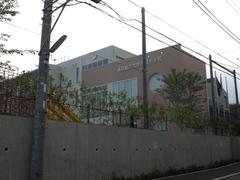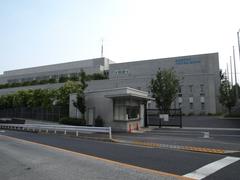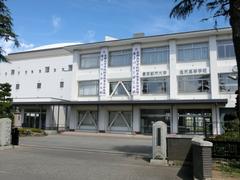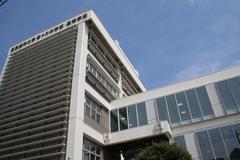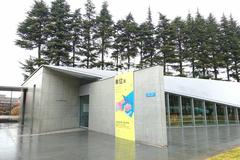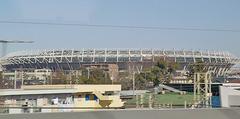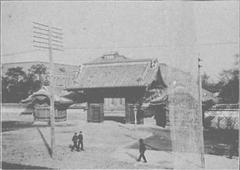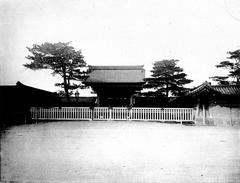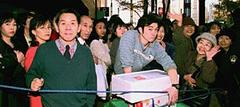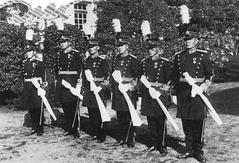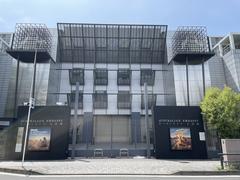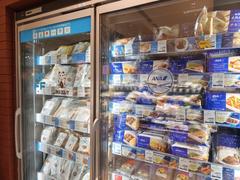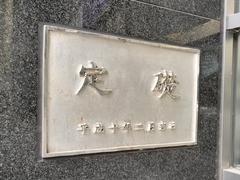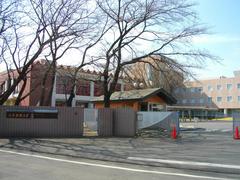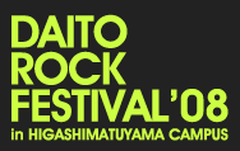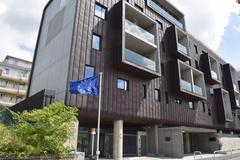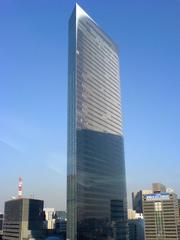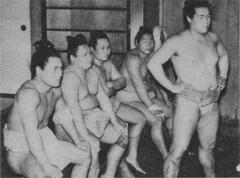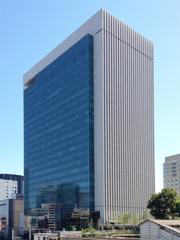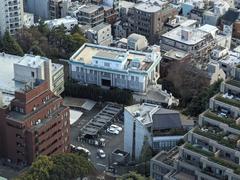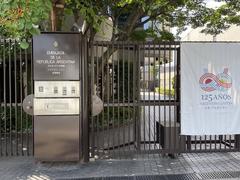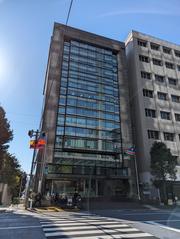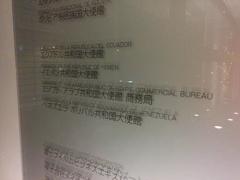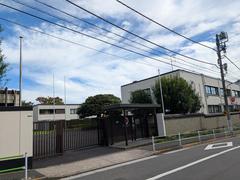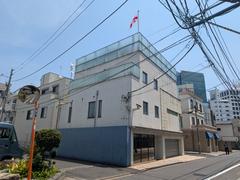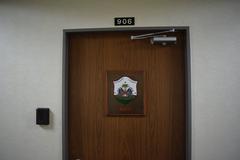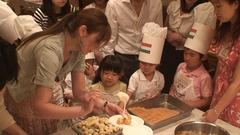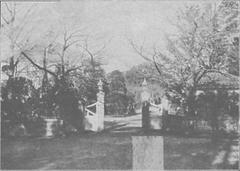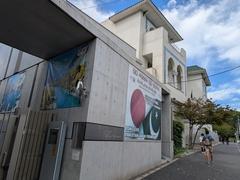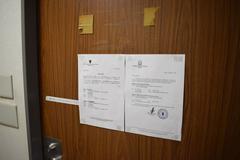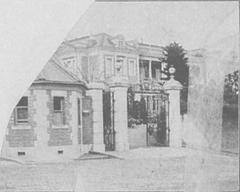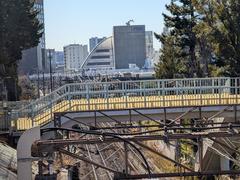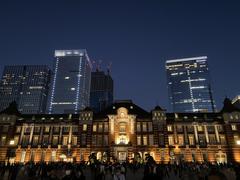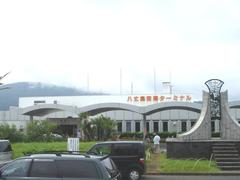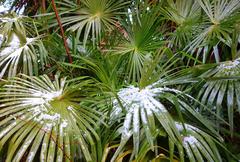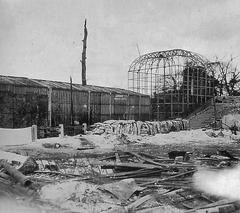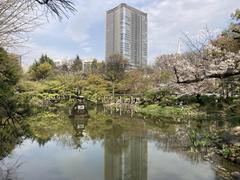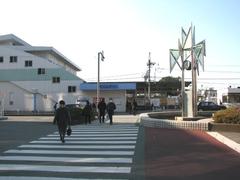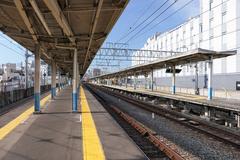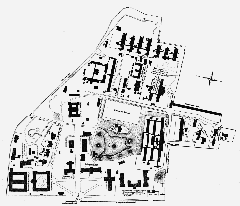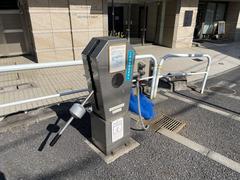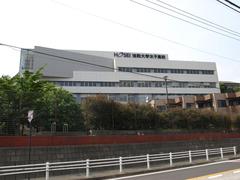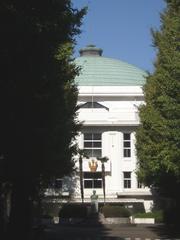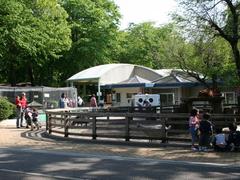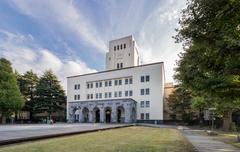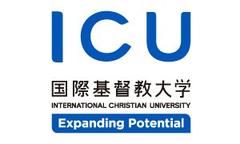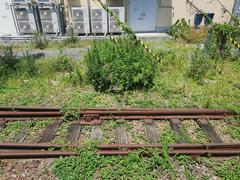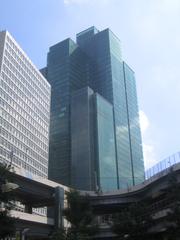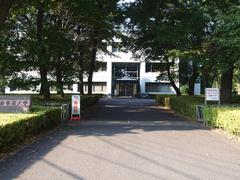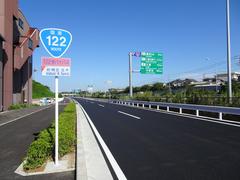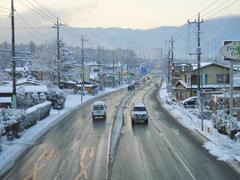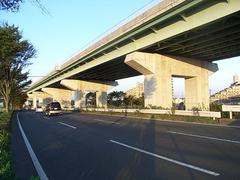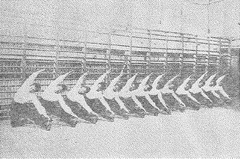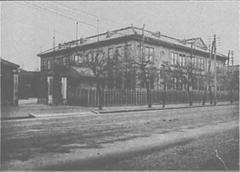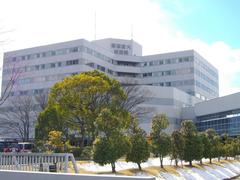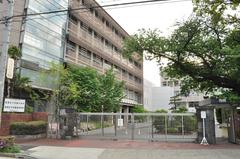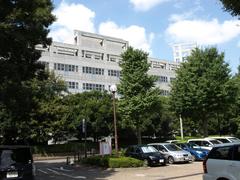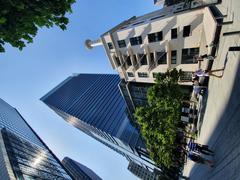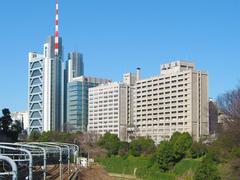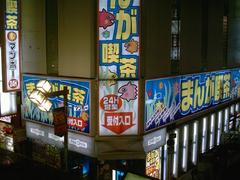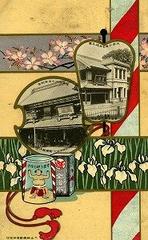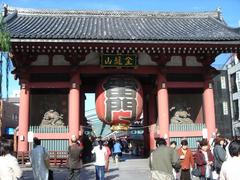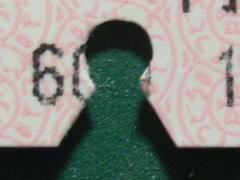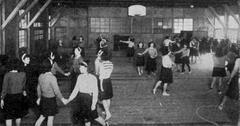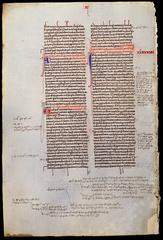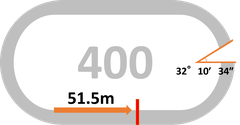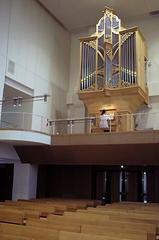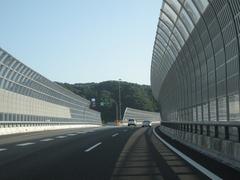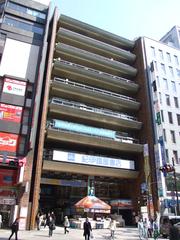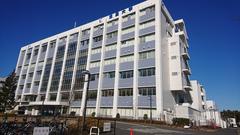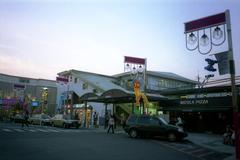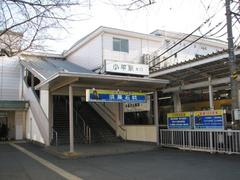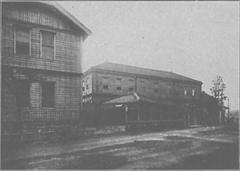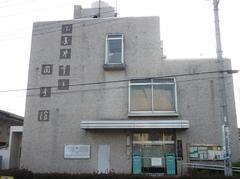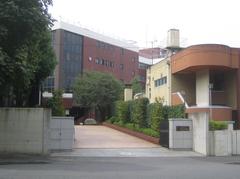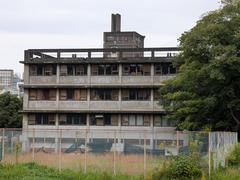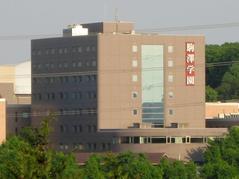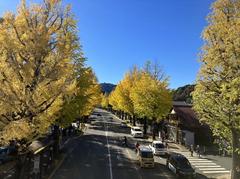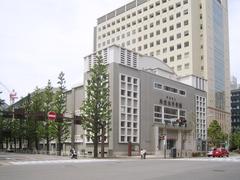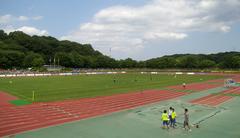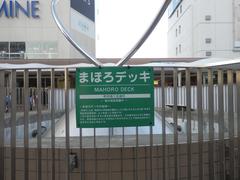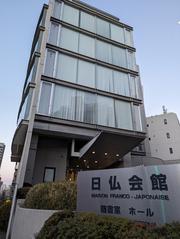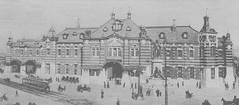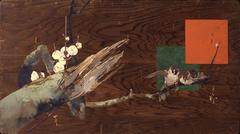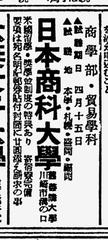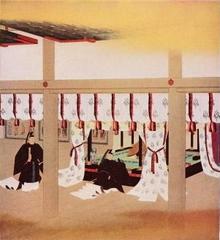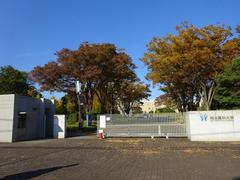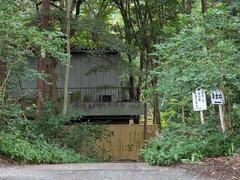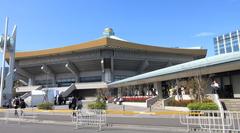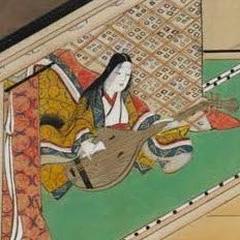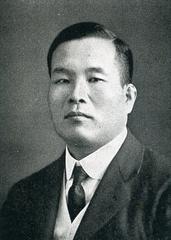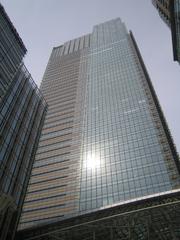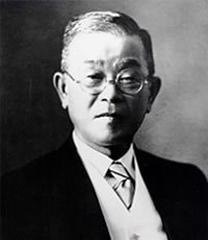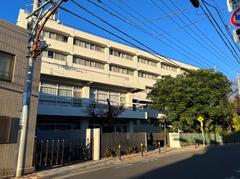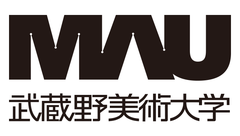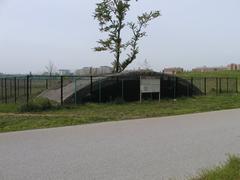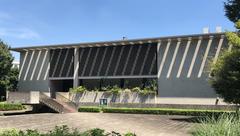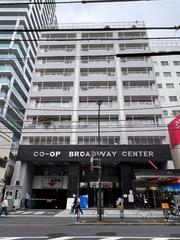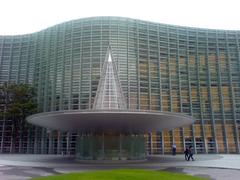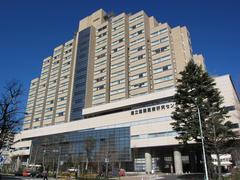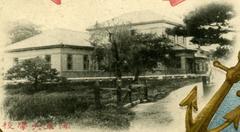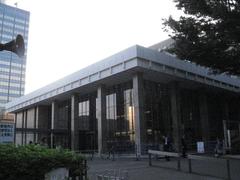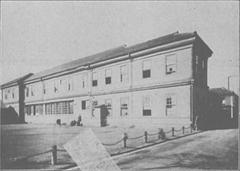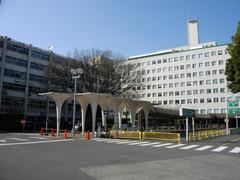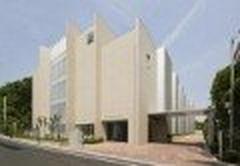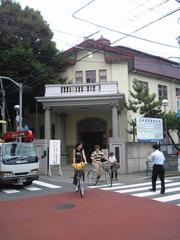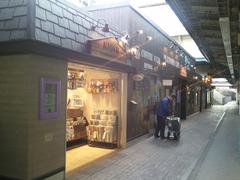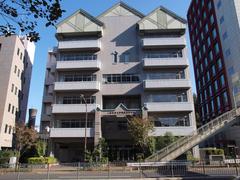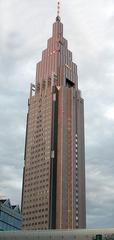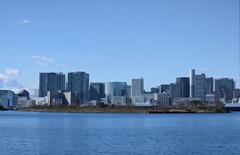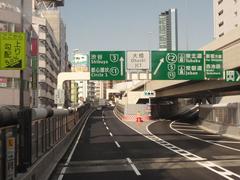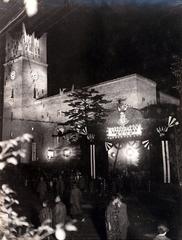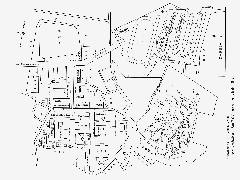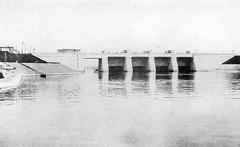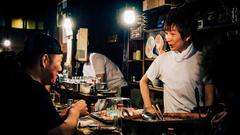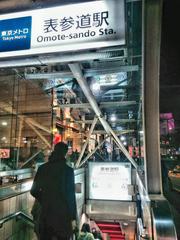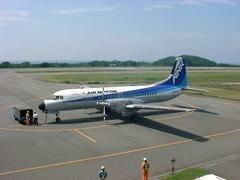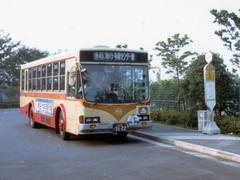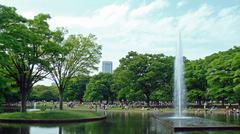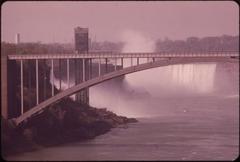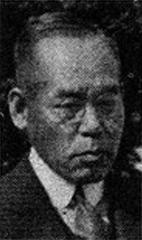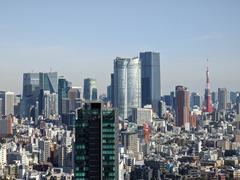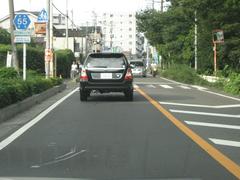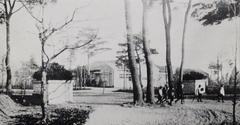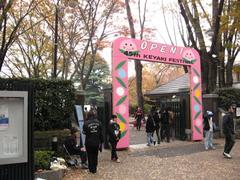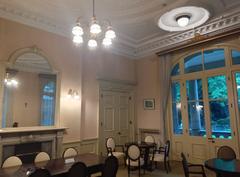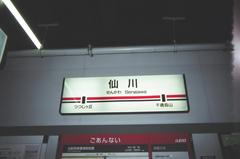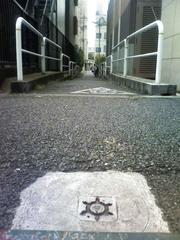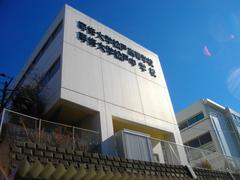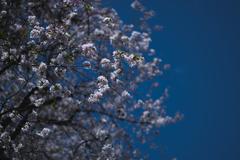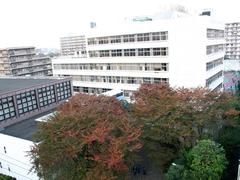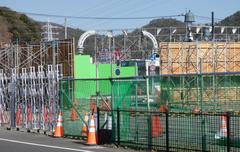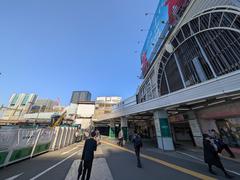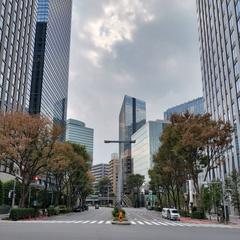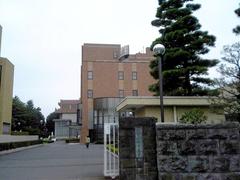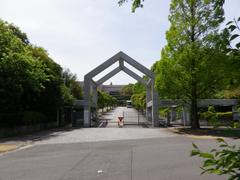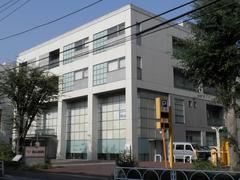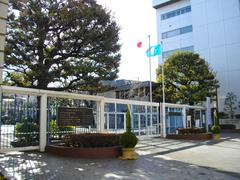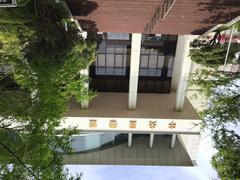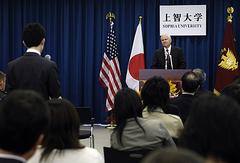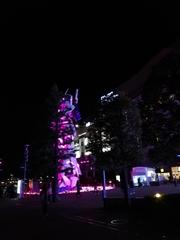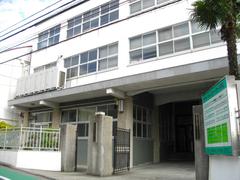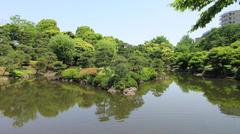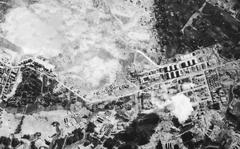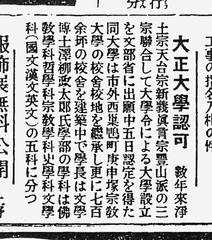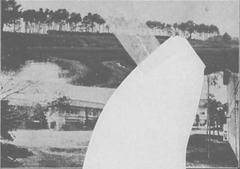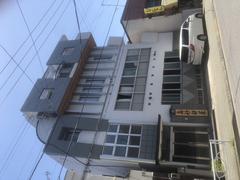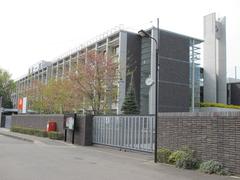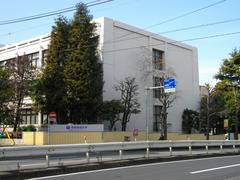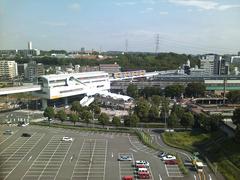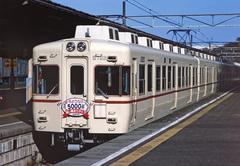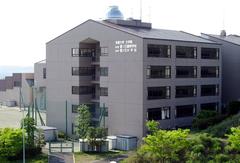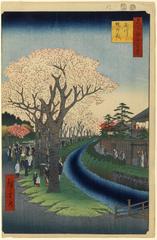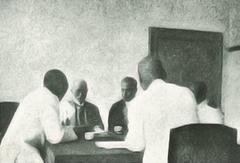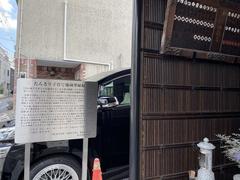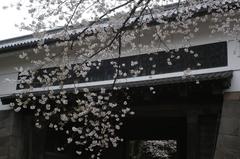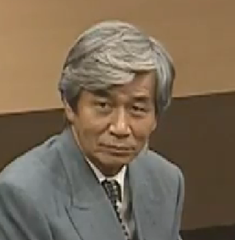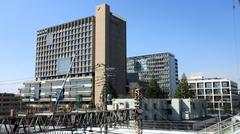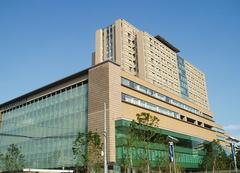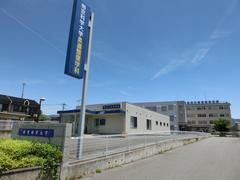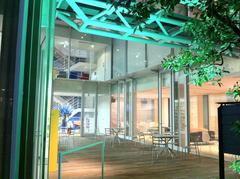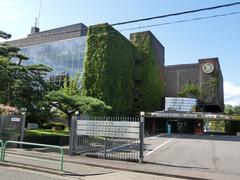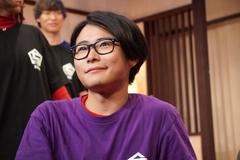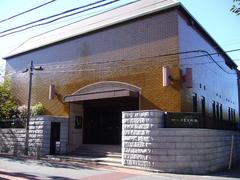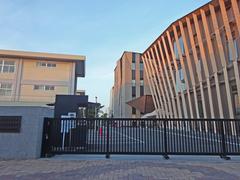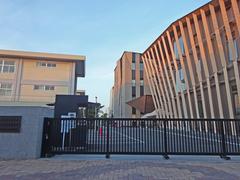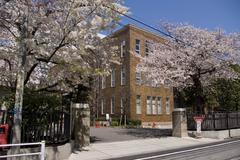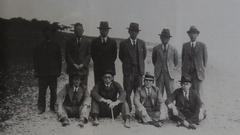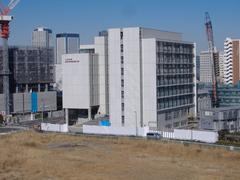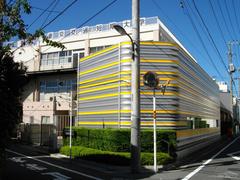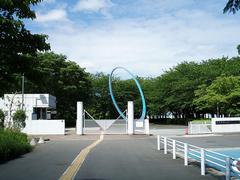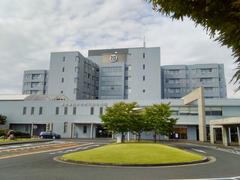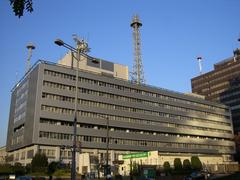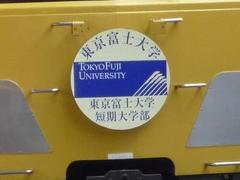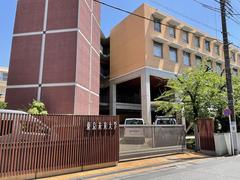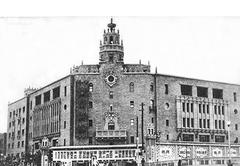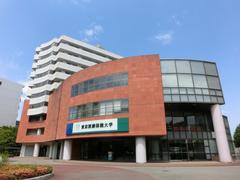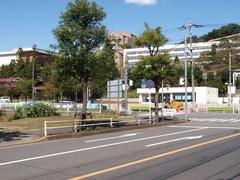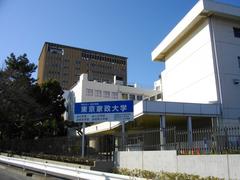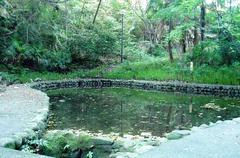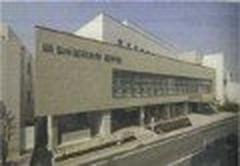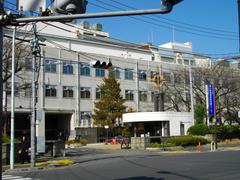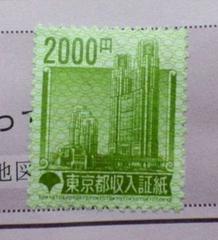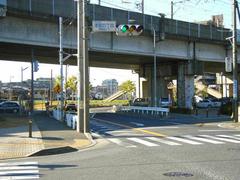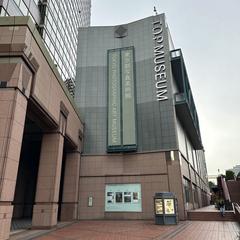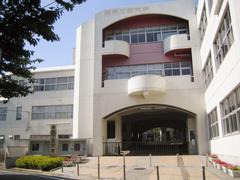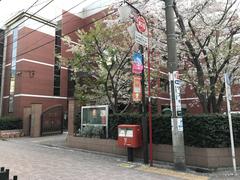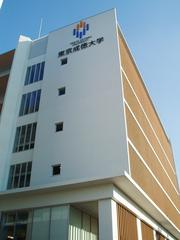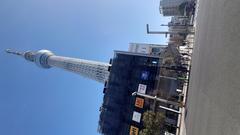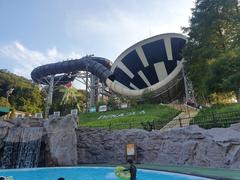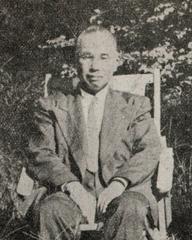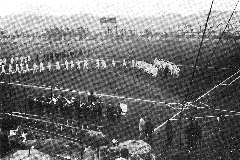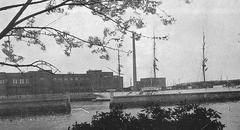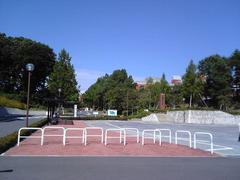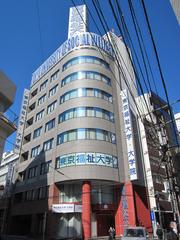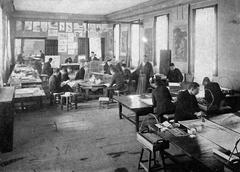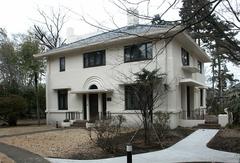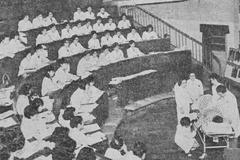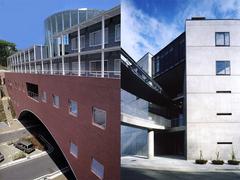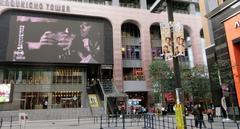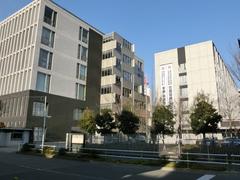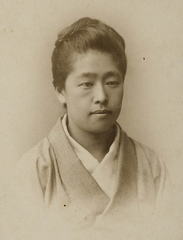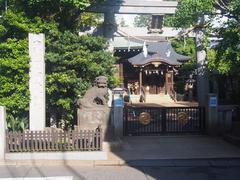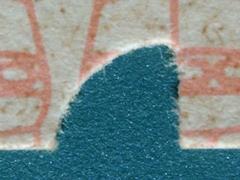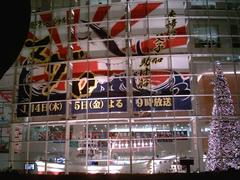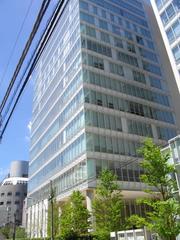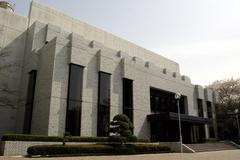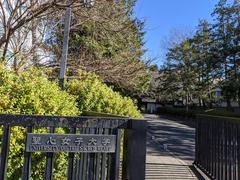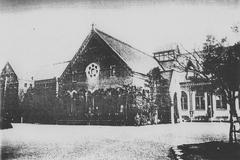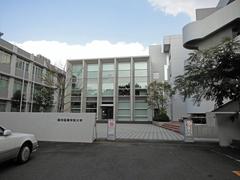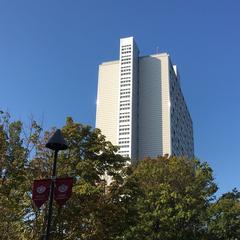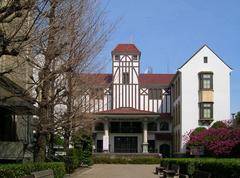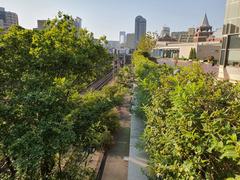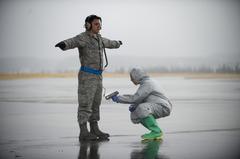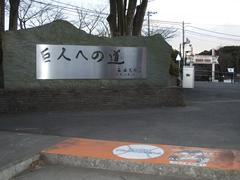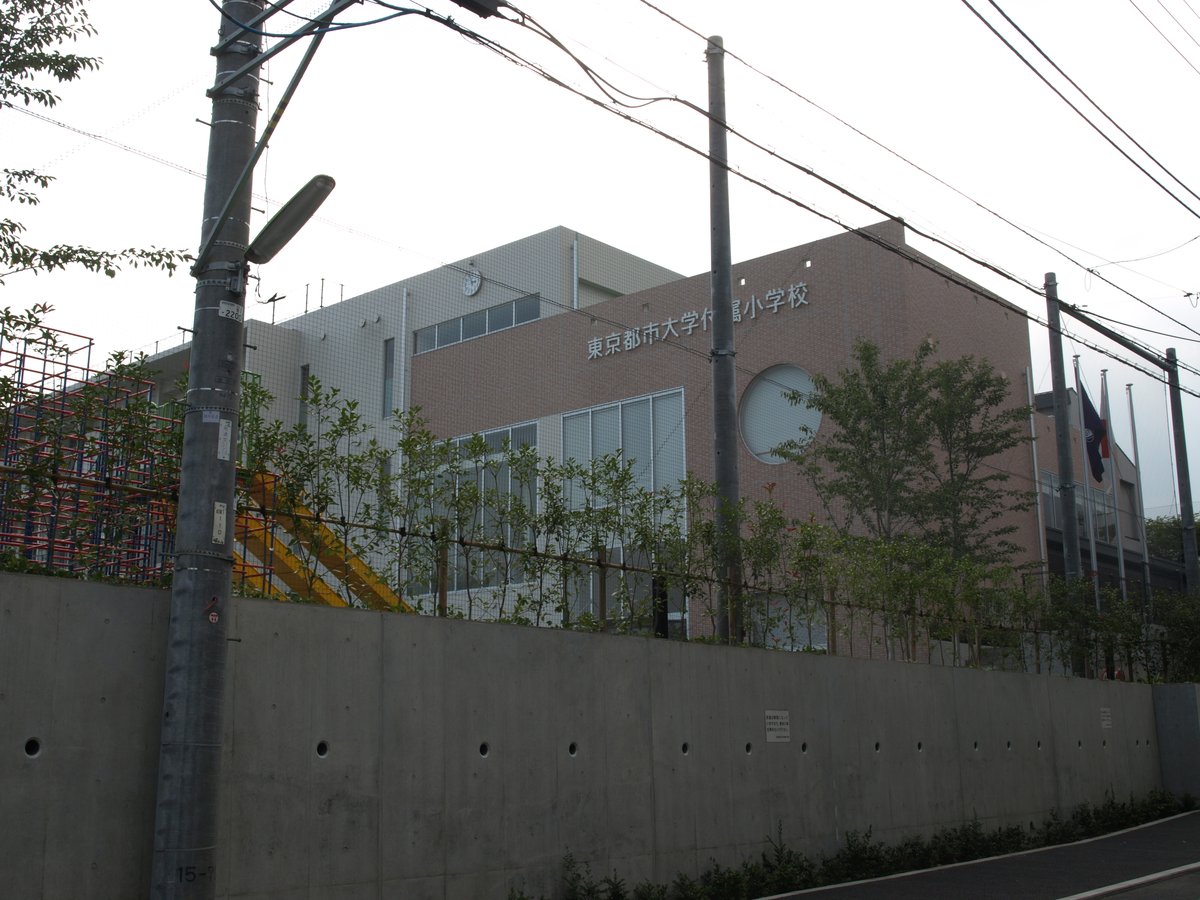
Tokyo City University Visiting Hours, Tickets, and Historical Sites Guide
Date: 14/06/2025
Introduction to Tokyo City University
Tokyo City University (TCU), known in Japanese as “Tōkyō Toshi Daigaku” (東京都市大学), is one of Japan’s leading private universities, renowned for its focus on sustainable urban development, environmental sciences, and engineering. With multiple campuses across the Tokyo metropolitan area—including the flagship Setagaya Campus and the innovative Yokohama Campus—TCU offers visitors a chance to experience state-of-the-art educational facilities, eco-friendly architecture, and a vibrant student culture. Whether you are a prospective student, researcher, or a cultural traveler, a visit to TCU provides valuable insights into modern Japanese higher education and the university’s commitment to sustainability and community engagement. For the most current details, consult the Tokyo City University Official Website.
Table of Contents
- Introduction
- Campus Locations
- Campus Highlights
- Visitor Information
- Frequently Asked Questions (FAQ)
- Practical Information
- Notable Facts
- Conclusion
Campus Locations
Setagaya Campus
- Address: 1-28-1 Tamazutsumi, Setagaya-ku, Tokyo 158-8557, Japan
- Access: Approximately 15 minutes by train from Shibuya Station via the Tokyu Den-en-toshi Line to Futako-Tamagawa Station, then a short bus ride or 15-minute walk.
The Setagaya Campus is TCU’s administrative and academic center. Surrounded by tranquil residential neighborhoods, it features extensive undergraduate and graduate programs in engineering, environmental studies, and urban life sciences. Iconic for its sustainable design, including green roofs and solar panels, it is also a popular cherry blossom viewing spot (Tokyo City University Official).
Yokohama Campus
- Address: 4-1-1 Ushikubo-Nishi, Tsuzuki-ku, Yokohama, Kanagawa 224-8551, Japan
- Access: About 30 minutes from Shibuya Station via the Tokyu Den-en-toshi Line and Yokohama Municipal Subway to Center-Minami Station.
A hub for environmental and information sciences, the Yokohama Campus boasts advanced laboratories and expansive grounds ideal for research and collaborative projects (Tokyo City University Campuses).
Todoroki Campus
- Location: Adjacent to Setagaya Campus
- Focus: Home to TCU’s affiliated junior and senior high schools and select research facilities.
Other Facilities
TCU operates several satellite research centers and affiliated educational institutions throughout Tokyo and Kanagawa, which are generally not open to the public but play an important role in the university’s academic ecosystem.
Campus Highlights
Architecture and Green Spaces
TCU’s Setagaya Campus is celebrated for its fusion of modernist architecture and sustainable design elements, including energy-efficient systems and eco-friendly infrastructure (TCU Sustainability Initiatives). Landscaped gardens and open plazas are especially beautiful during cherry blossom season, offering peaceful spots for relaxation or study.
Academic and Research Facilities
Both the Setagaya and Yokohama campuses house cutting-edge laboratories focused on robotics, renewable energy, and urban planning. Visitors may find open labs or exhibitions during special events (TCU Research Centers). The main library at Setagaya is a striking, multi-story facility often open to the public during festivals and special lectures.
Cultural and Student Life
- University Festivals: The annual Toshi-sai festival, typically in autumn, features food stalls, student performances, demonstrations, and open research labs (TCU Events).
- Dining: Multiple cafeterias and cafes offer Japanese and international cuisine at student-friendly prices.
- Art Installations: Public art and sculptures created by students and alumni are found throughout the campuses.
Visitor Information
Visiting Hours and Access
- General Hours: 8:30 AM to 6:00 PM on weekdays. Some buildings have restricted access; always check ahead.
- Admission: Free for campus grounds. Special events may require registration.
- Guided Tours: Available for prospective students and international visitors by appointment. See the official website for details.
Photography and Conduct
- Photography of campus buildings, gardens, and public art is allowed, but avoid photographing people without permission.
- Please respect all signage and do not enter restricted areas.
Accessibility
- Most major buildings are equipped with elevators, ramps, and accessible restrooms.
- Free guest Wi-Fi is available in public areas.
Best Times to Visit
- Cherry Blossom Season (late March–early April): Exceptional for hanami.
- Autumn University Festival: Experience campus culture at its liveliest.
- Weekdays: Quieter, with fewer crowds.
Nearby Attractions
- Todoroki Valley: A scenic ravine ideal for walking, minutes from Setagaya Campus (Go Tokyo Todoroki Valley).
- Futako-Tamagawa: A lively shopping and dining district.
Frequently Asked Questions (FAQ)
Q: Can I visit all TCU campuses?
A: Setagaya and Yokohama campuses welcome visitors; Todoroki Campus is mainly for affiliated schools.
Q: Are guided tours available?
A: Yes, with advance booking via the International Office.
Q: Is TCU wheelchair accessible?
A: Yes, major facilities have barrier-free access.
Q: Are there entrance fees?
A: No, general campus access is free. Special events may have specific requirements.
Q: When is the best time to visit?
A: During cherry blossom season or the autumn festival.
Practical Information
- Setagaya Campus Address: 1-28-1 Tamazutsumi, Setagaya-ku, Tokyo 158-8557, Japan
- Official Website: https://www.tcu.ac.jp/english/
- Contact: International Office contact details are available on the website.
Notable Facts
- Student Population: About 7,500 (2025)
- Research Strengths: Urban engineering, environmental science, disaster prevention
- Community Role: Active partnerships with local governments and industries
The Gotoh Museum: Cultural Highlight Near TCU
Overview
Located near TCU’s Setagaya Campus, the Gotoh Museum is a celebrated institution featuring Japanese and East Asian artifacts, ceramics, paintings, and historical documents. Founded in 1960 by Goto Keita, the museum is dedicated to cultural preservation and education.
Access and Hours
- Location: Along the Tamagawa River, near Todoroki Station (Tokyu Den-en-toshi Line), about a 10-minute walk.
- Hours: 10:00 AM–5:00 PM (closed Mondays and national holidays)
- Admission: 500 yen (discounts for students, seniors, groups; free for children under 12)
- Guided Tours: Offered on weekends and holidays with advanced booking.
Facilities and Accessibility
- Wheelchair accessible with ramps, elevators, and accessible restrooms.
- Small café and gift shop on-site.
Collections and Visitor Experience
The museum holds ceramics from the Heian and Kamakura periods, traditional paintings, and rotating special exhibits. English signage and English-speaking staff are available during guided tours. The museum’s garden offers a tranquil setting for reflection.
Workshops and Events
Cultural workshops, such as pottery, calligraphy, and tea ceremonies, are offered with prior registration.
Nearby Attractions
- Tamagawa River Park: Scenic walks and picnics.
- Jiyugaoka: Trendy neighborhood with cafes and boutiques.
- Futako-Tamagawa: Shopping and entertainment district.
FAQs
- The museum is closed on Mondays and national holidays—check the official website for updates.
- Tickets can be purchased online.
- Children are welcome.
- Guided tours in English are available by reservation.
Summary and Final Tips
A visit to Tokyo City University offers a unique look at Japan’s approach to urban sustainability, education, and community. With beautiful campuses, advanced research facilities, and cultural events, TCU is a rewarding destination for both academic and cultural exploration. Nearby sites like the Gotoh Museum further enrich the visitor experience. For the latest information and event updates, consult the Tokyo City University official website and the Gotoh Museum site.
